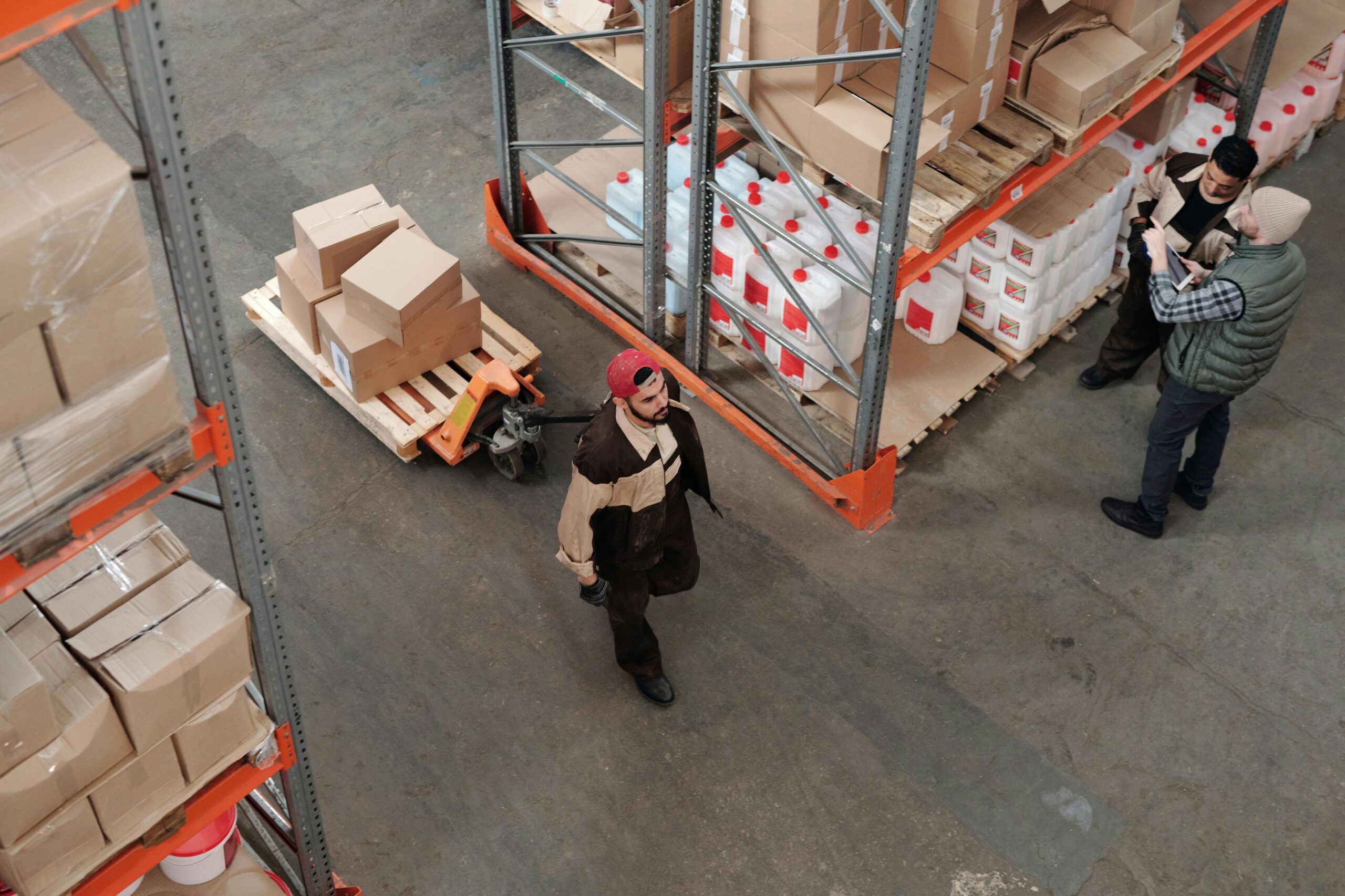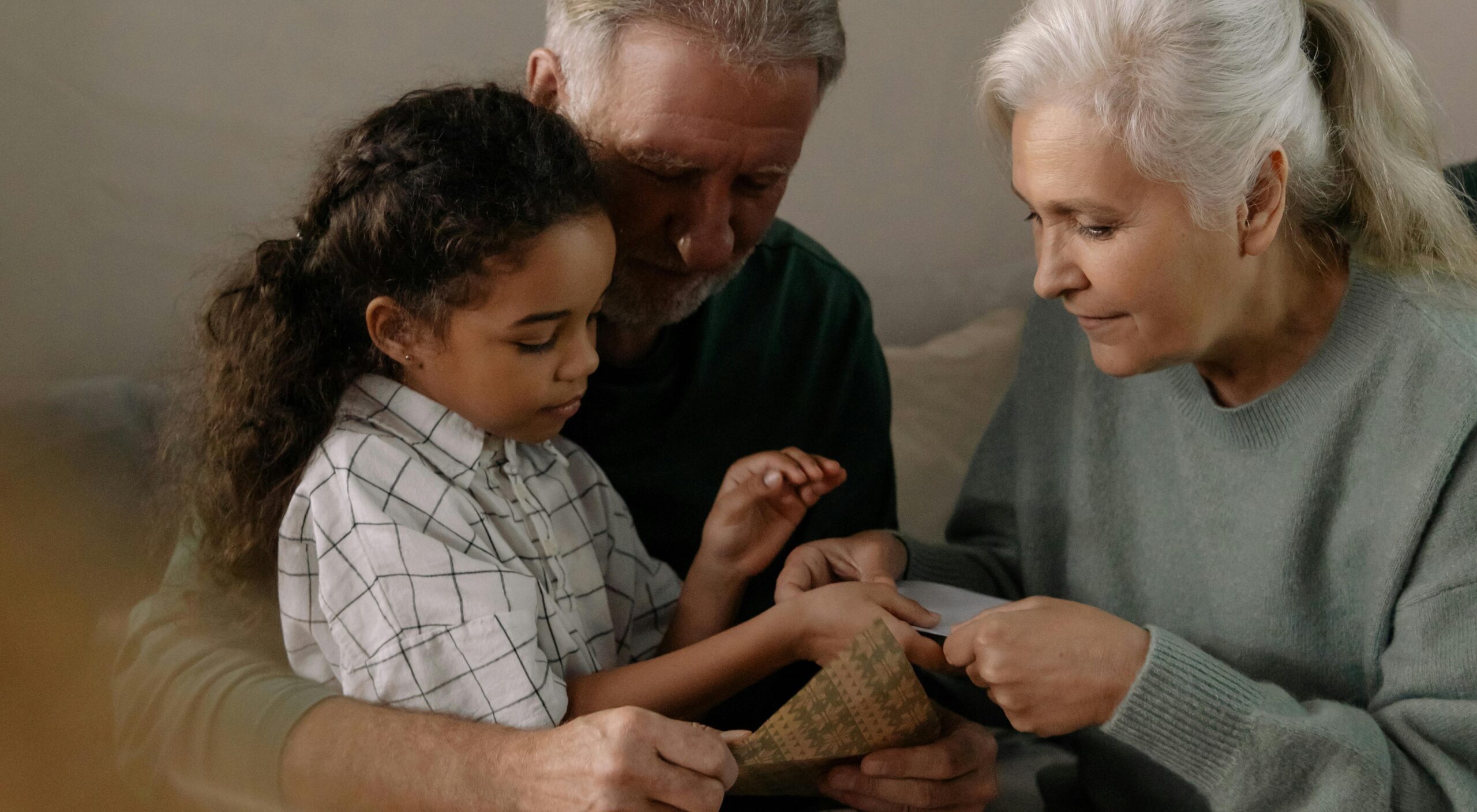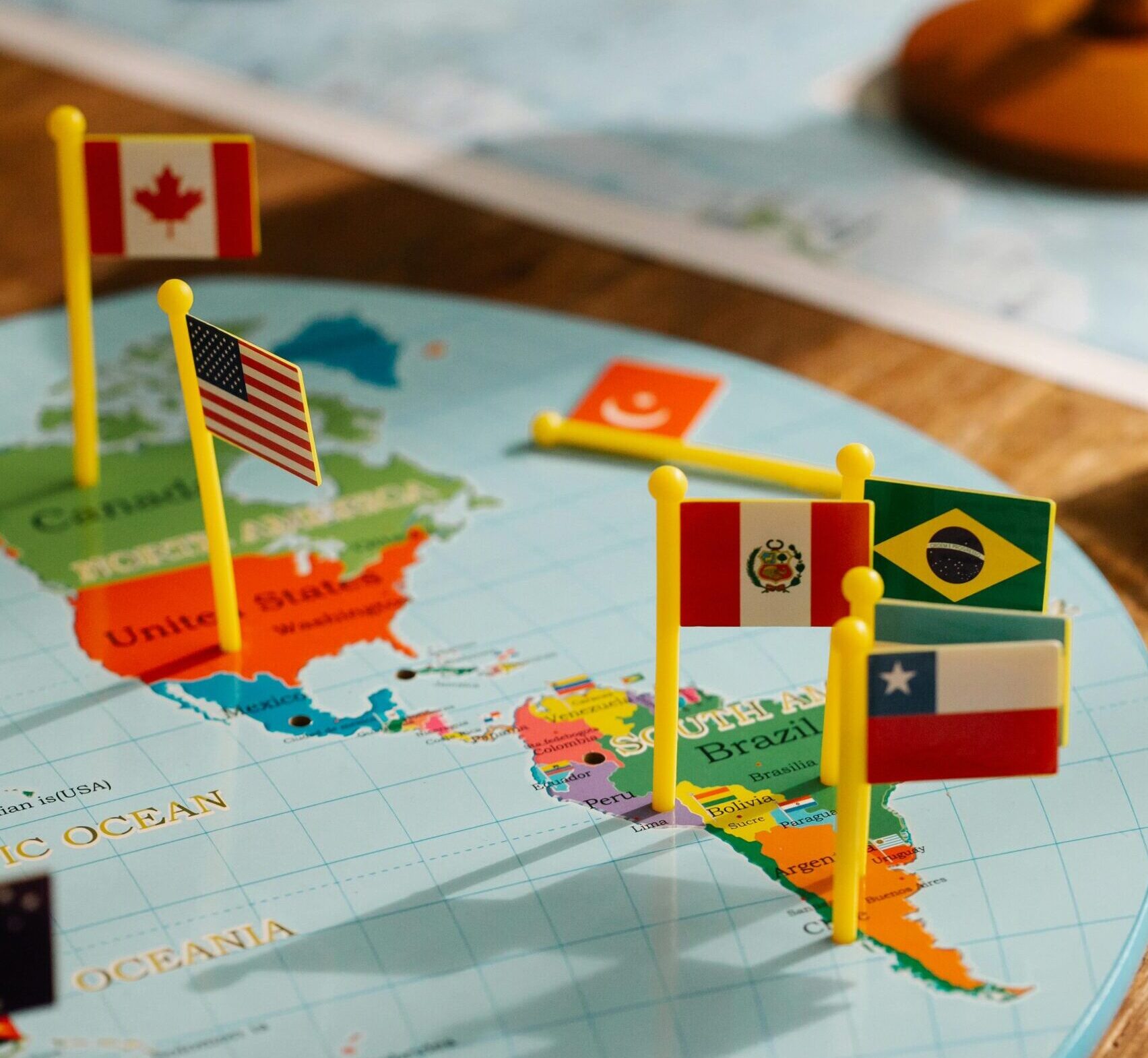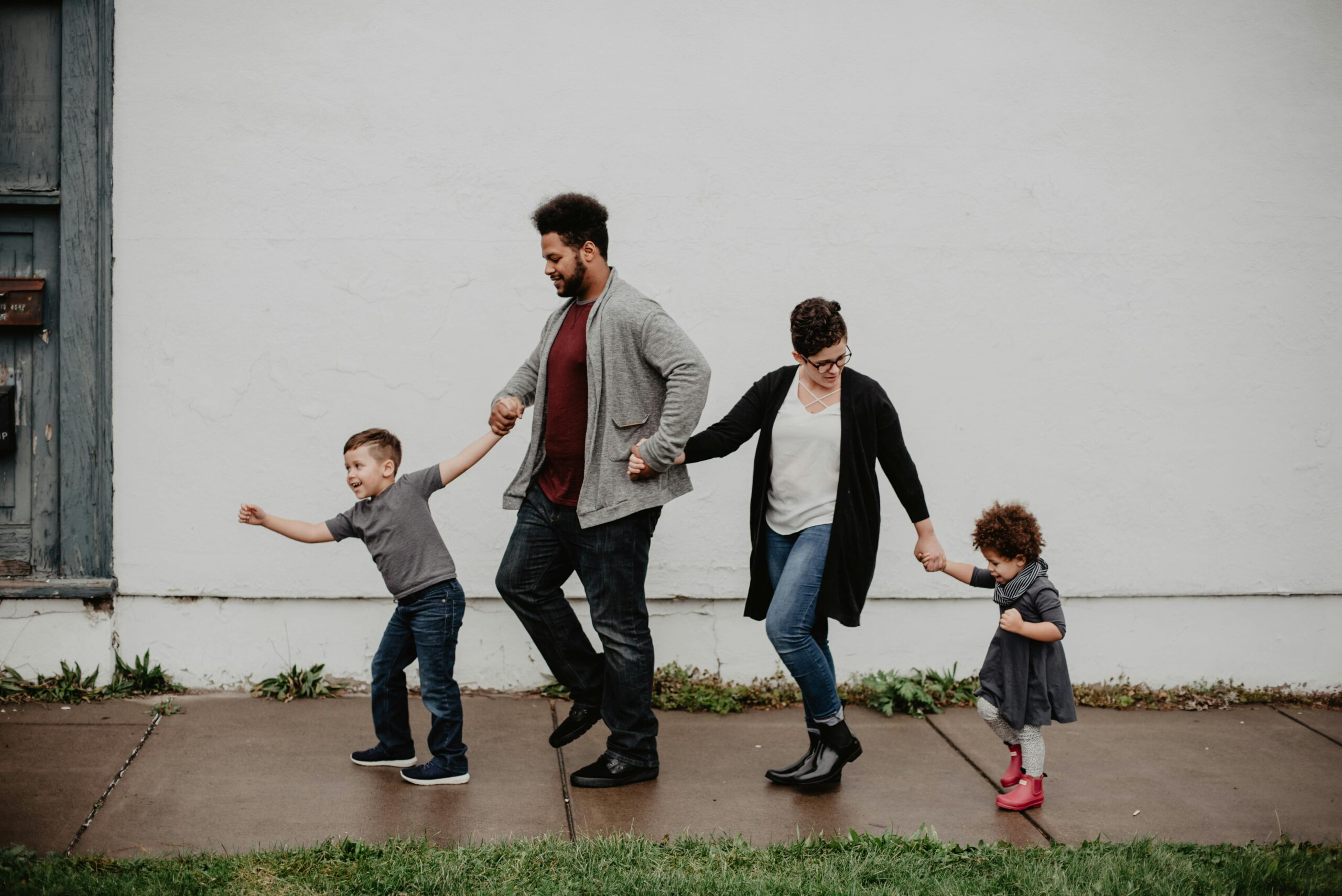In this article, we explain how residence for dependents of digital nomads in Brazil works, what documents are required, and what to consider before applying.
If you’re already planning your move to Brazil as a digital nomad or have already obtained your visa, it’s natural to want to share this experience with your partner. But is it legally possible to bring them with you under the same visa category? The good news is: yes, there are ways to make that happen — and understanding the requirements is the first step to starting this journey together.
Can your partner come with you?
Yes, this is possible through what is known as the family reunion visa. In addition to a spouse or partner, the following can also be included as dependents:
- Child(ren) – Regardless of their nationality.
- Stepchild(ren) – Provided they meet at least one of the following criteria:
- Under 18 years old, or
- Up to 24 years old and enrolled in school, or
- Of any age, if economically dependent on the digital nomad.
- Ascendants up to the 2nd degree, e.g., parents and grandparents.
- Descendants up to the 2nd degree, e.g., children and grandchildren.
- Sibling(s) – Provided they:
- Are under 18 years old, or
- Are up to 24 years old and enrolled in school, or
- Are of any age and financially dependent on the digital nomad.
- Person under legal guardianship, custody, or curatorship – As long as the digital nomad is their legal guardian.
What must be proven?
In order for the partner to reside legally in Brazil, the following must be demonstrated:
- Proof of the relationship with the digital nomad visa holder (marriage certificate or union agreement/declaration, duly apostilled or legalized);
- No criminal record;
- A joint declaration by both spouses or partners, under penalty of law, regarding the continuity of the relationship and cohabitation;
- Complete personal documentation (passport, proof of residence, photos, forms, etc.).
Important: Additional documents may be requested by the visa officer in charge of the application.
Procedure: visa or residence permit in Brazil?
There are two ways to carry out the process:
1. Joint application abroad (temporary visa)
If the couple is still outside of Brazil, it’s possible to apply for both visas simultaneously at a Brazilian consulate in the country of residence.
2. Residence request in Brazil (residence authorization)
If the digital nomad is already in Brazil, the partner may enter as a tourist and later apply for a residence permit based on family reunion at the Federal Police.
Is a stable union accepted?
Yes. Brazil recognizes a stable union (união estável) as a family entity, even for foreign couples. However, the document proving the relationship (such as a contract or declaration) must be properly legalized or apostilled, and sworn translated, if necessary. Some formalities may be required, so it’s important to be well-informed.
Additionally, it is important to highlight that Brazil recognizes same-sex marriages and stable unions for immigration purposes. This means same-sex couples have the same right to apply for a family reunion visa as opposite-sex couples.
How long can your partner stay in Brazil?
The residence granted to the partner will be linked to the duration of the digital nomad’s visa/residence permit. For example, if the nomad is granted a one-year residence, the dependent will receive the same period. Both must renew their residence permits together if they wish to extend their stay in Brazil.
How Conliance can help
At Conliance, we offer comprehensive consulting to help digital nomads and their partners live legally in Brazil with peace of mind. Our support includes:
- Eligibility assessment for both the digital nomad and the partner;
- Full preparation and review of documentation;
- Visa application at the consulate/embassy or residence request with the Federal Police, including scheduling and follow-up;
- Support with Federal Police appointments and registration;
- Guidance on translation and legalization of foreign documents;
- Administrative defense, if needed.
Do you want to live in Brazil with your partner without bureaucracy and with legal security?
Talk to Conliance and receive a personalized action plan for your case!






